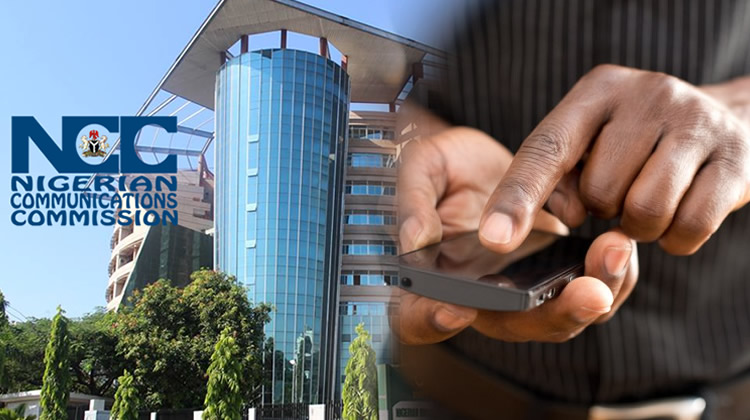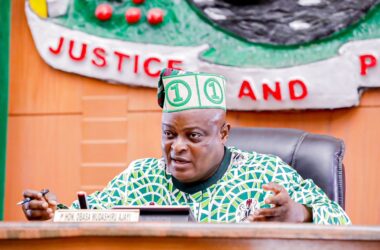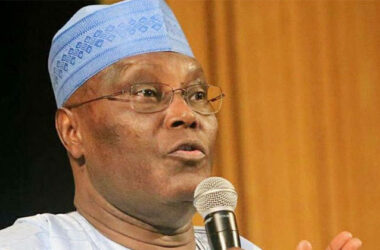The Nigerian Communications Commission (NCC) is set to reveal the names of 18 banks that have failed to clear their debts amounting to a total of N200 billion for using Mobile Network Operators’ (MNOs) Unstructured Supplementary Service Data (USSD) platforms. This announcement is expected to be made public this week, according to reliable sources.
Out of 22 banks initially involved, only four have complied with a directive issued by the Central Bank of Nigeria (CBN) and the NCC in December 2023. The directive required banks to pay at least 60% of their pre-API (Application Programming Interfaces) invoices by January 2, 2025. The remaining 18 banks have yet to meet these payment terms or agree on payment plans with telecom operators.
Pre-API invoices represent charges for USSD services incurred before APIs were introduced in February 2022. Prior to the adoption of APIs, disputes over billing and payment reconciliation between banks and telecom operators were common due to less standardised processes.
The NCC is reportedly preparing to suspend USSD services for the defaulting banks within the next two weeks. Such a move could disrupt banking services for millions of Nigerians who rely on USSD for transactions, especially in areas without internet access. To address this, the NCC plans to guide affected customers on switching to banks that have settled their debts to ensure uninterrupted banking services.
Telecom companies have been vocal about the impact of the unpaid debt, warning that it threatens the sustainability of USSD services. Despite ongoing complaints, telecom operators have held off suspending the service because of its importance to the Nigerian economy.
Data from the CBN reveals that between January and June 2024, 252.06 million USSD transactions worth N2.19 trillion were conducted. This highlights the critical role of USSD services, which allow users to carry out banking operations without internet access.
Industry leaders, including the Chairman of the Association of Licensed Telecom Operators of Nigeria, Gbenga Adebayo, have noted some progress, with smaller banks making payments. However, major lenders, which owe the bulk of the debt, remain reluctant. “We are now waiting for intervention from regulators, including the CBN and NCC, to resolve the issue,” Adebayo said.










